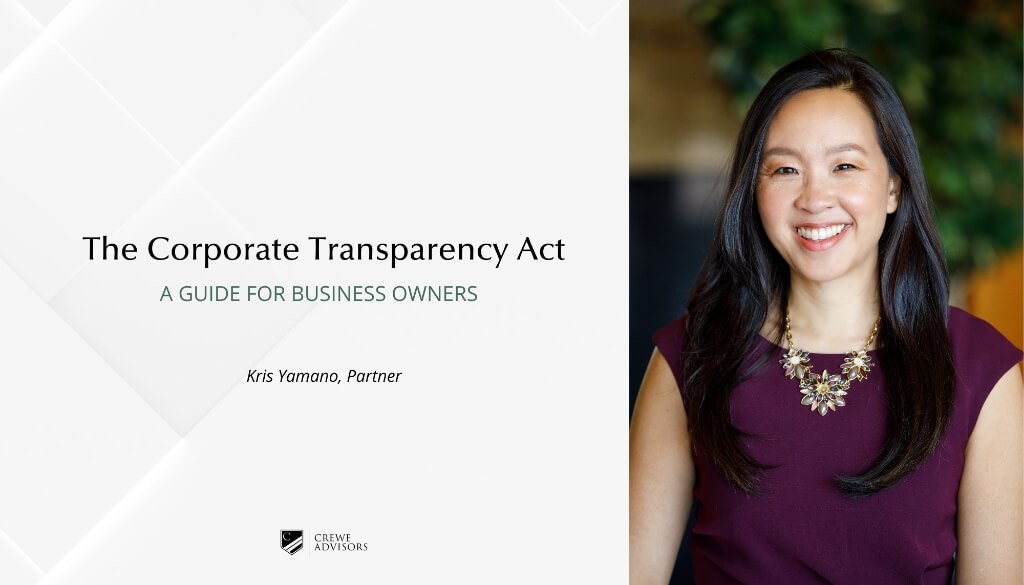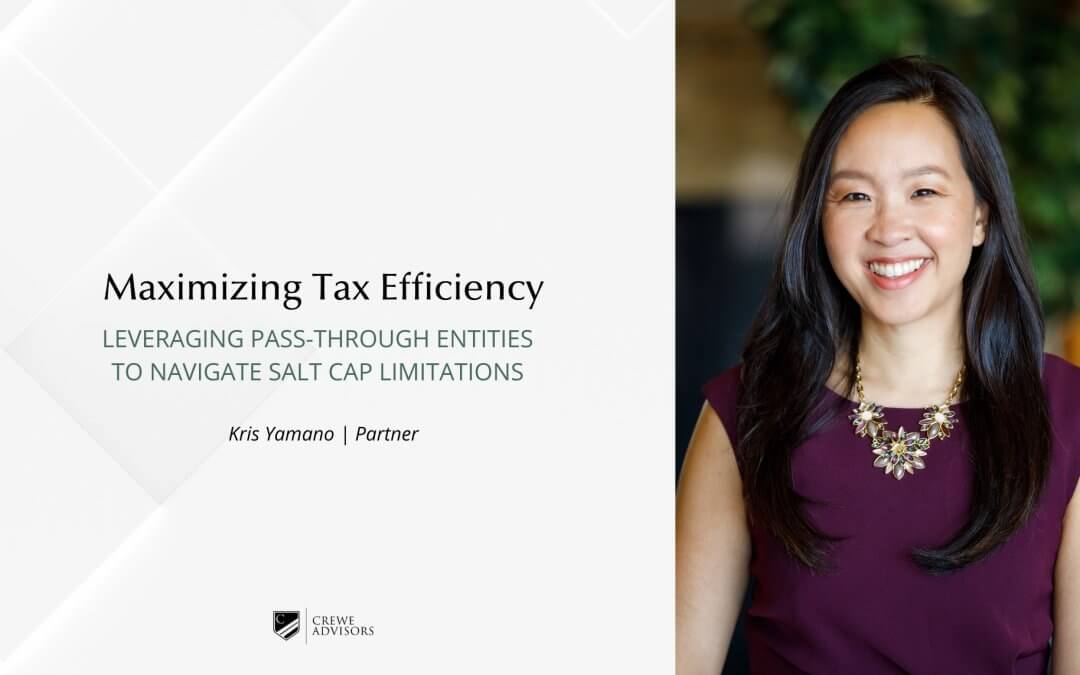The Corporate Transparency Act (CTA), enacted in 2021, was created to promote transparency and prevent the misuse of companies for activities such as money laundering and terrorism finance. To accomplish its goals, the CTA created new compliance requirements for millions of companies across the United States to disclose beneficial ownership of certain entities to the Financial Crime Enforcement Network (FinCEN). These requirements went into effect on January 1, 2024.
Who is Required to File?
The CTA affects all business that qualify as “reporting companies.” Reporting companies include all domestic and foreign entities formed or registered to do business in the United States, unless they fall under one of the 23 statutory exemptions listed in the Act. Some of the most relevant exemptions include:
- Large operating entities (that employ more than 20 employees on a full-time basis with a physical presence in the US and gross revenue over $5MM in the prior year)
- Securities reporting issuer (publicly traded companies)
- Investment company or adviser
- Venture capital fund adviser
- Pooled investment vehicles
What Info is Required to be Reported?
Reporting companies must report certain information about the company itself, as well as information on beneficial owners of the company. Company information that must be disclosed includes: the full legal name (and any trade names) of the company, the company’s business address and tax identification number (TIN). Reporting companies must also report the full legal name, date of birth, current address and proof of identity for all beneficial owners. For companies created on or after January 1, 2024, reporting companies must also report information about “company applicants” (individuals who directly file the reporting company’s beneficial owner information report or will direct or control its filing).
Who is a Beneficial Owner?
Any individual that owns or controls at least 25% of the interests of a reporting company is considered a beneficial owner. In addition, individuals who exercise “substantial control” over a company will be considered beneficial owners. Control may be considered to be substantial if a individual serves as a senior official of the company or directs or has influence of important matters of the company.
When are Reports Due?
Reporting companies that were created or registered in the United States prior to January 1, 2024 have until no later than January 1, 2025 to file their initial report with FinCEN and must file an updated report no later than 30 days after any changes of information occur. Reporting companies created on or registered in the US or after January 1, 2024 will have 30 days to file initial reports, with the exception that companies formed or registered during calendar year 2024 will be granted 90 days to file initial reports.
Penalties for Non-Compliance?
The consequences of not complying with the new reporting requirements under the CTA can be significant. FinCEN is authorized to levy fines of up to $500 per day of non-compliance on reporting companies – up to $10,000 and potential prison time up to 2 years.
What Steps Should a Business Owner Take?
- Evaluate whether your business falls under the reporting company criteria outlined in the CTA.
- Ensure proper documentation of accurate and up-to-date records of your company’s beneficial ownership information.
- If applicable, register your beneficial ownership information with FinCEN to remain in compliance with the new regulations.
- Keep abreast of any updates or changes to the CTA, as compliance requirements may evolve.
Business owners should work with their financial advisory teams and outside counsel to ensure compliance with these new reporting requirements.










